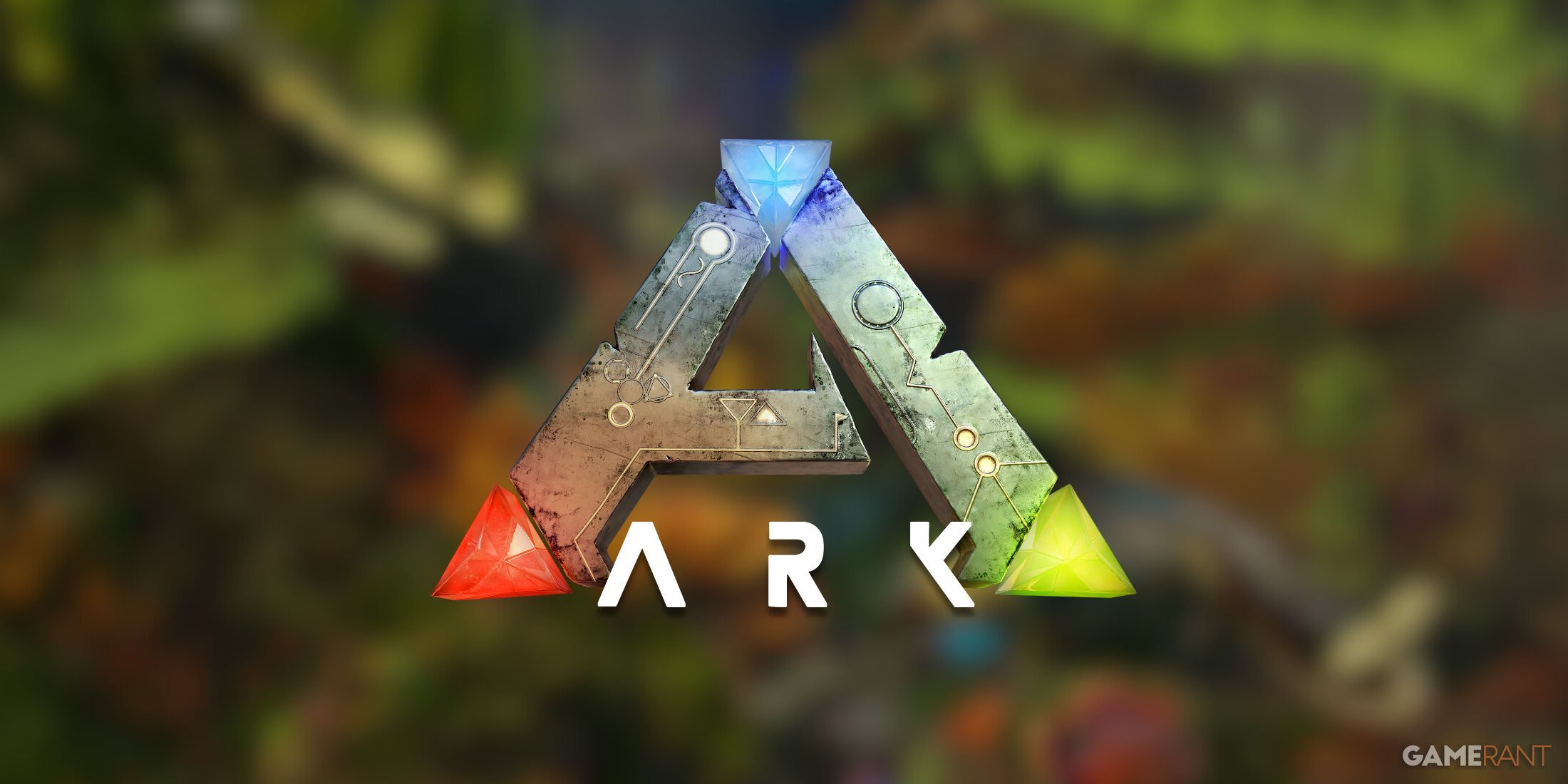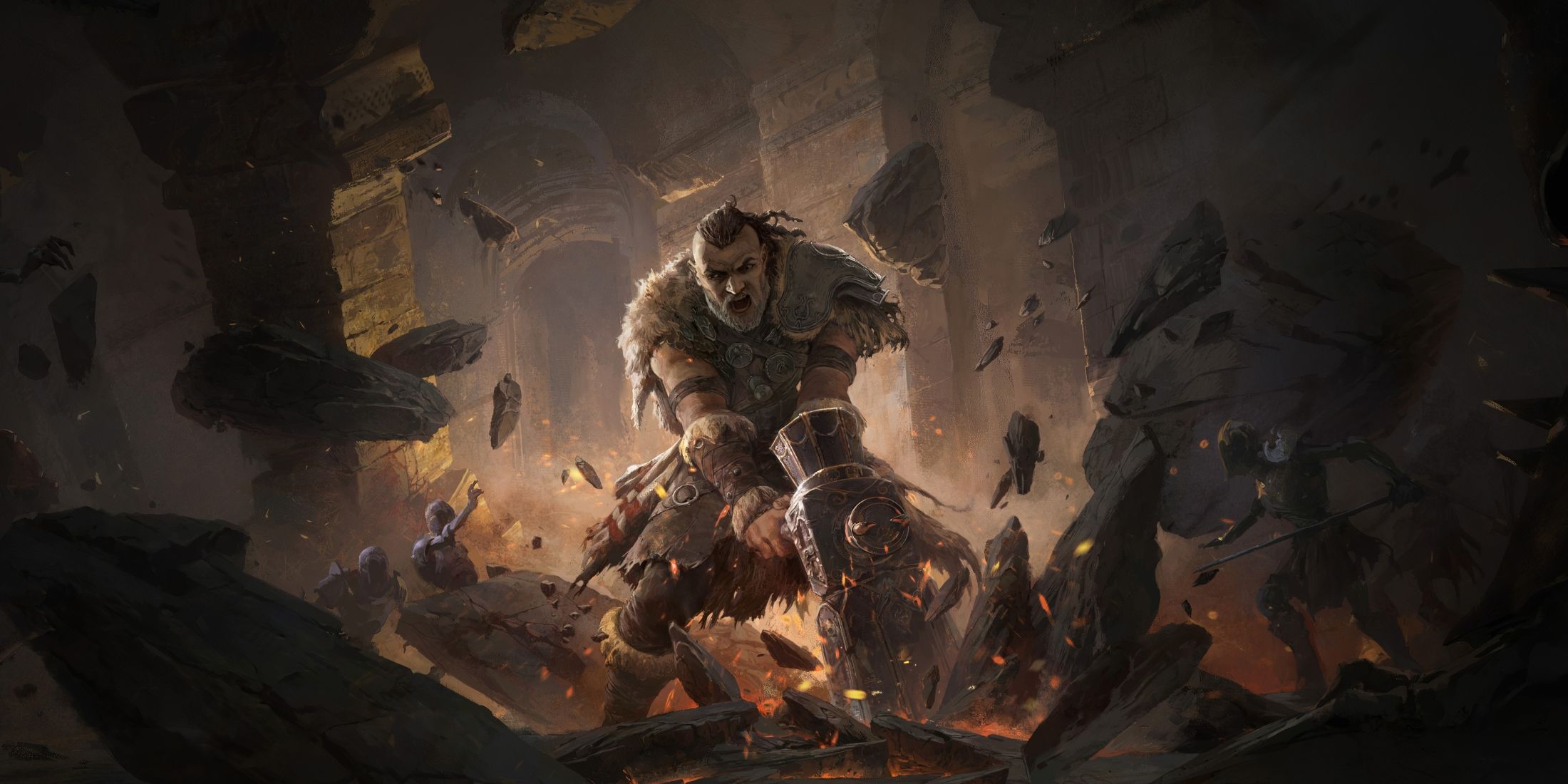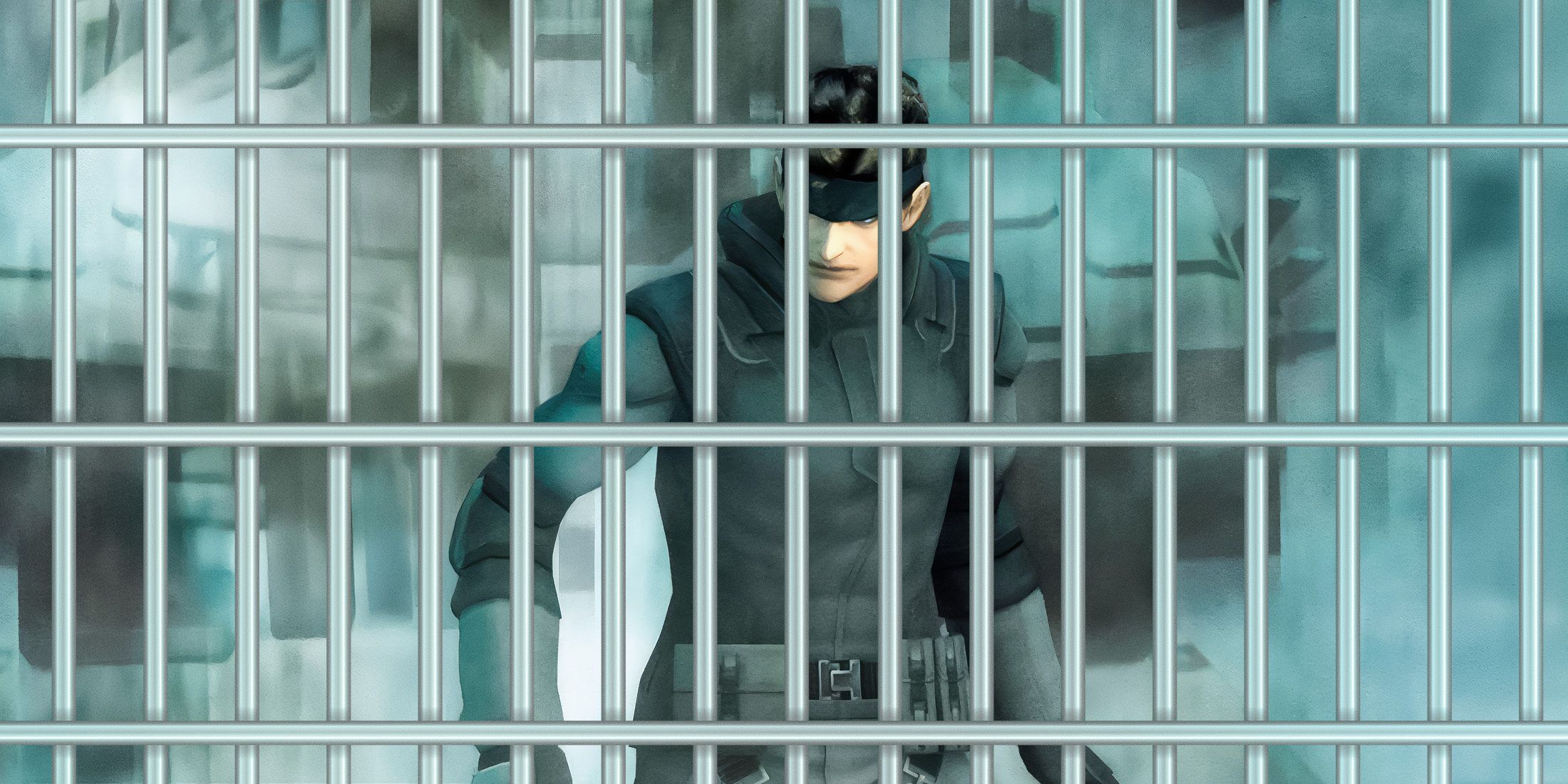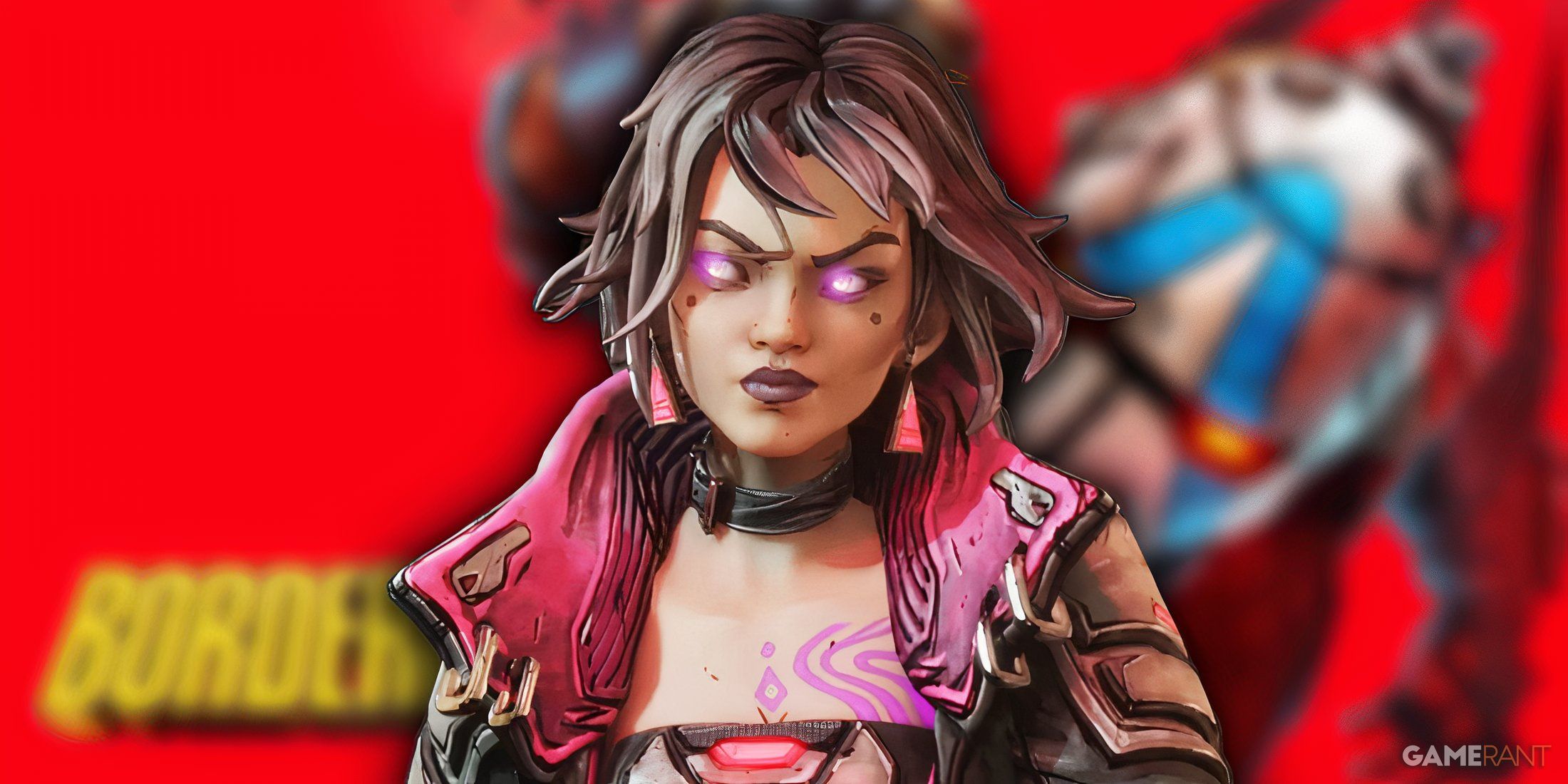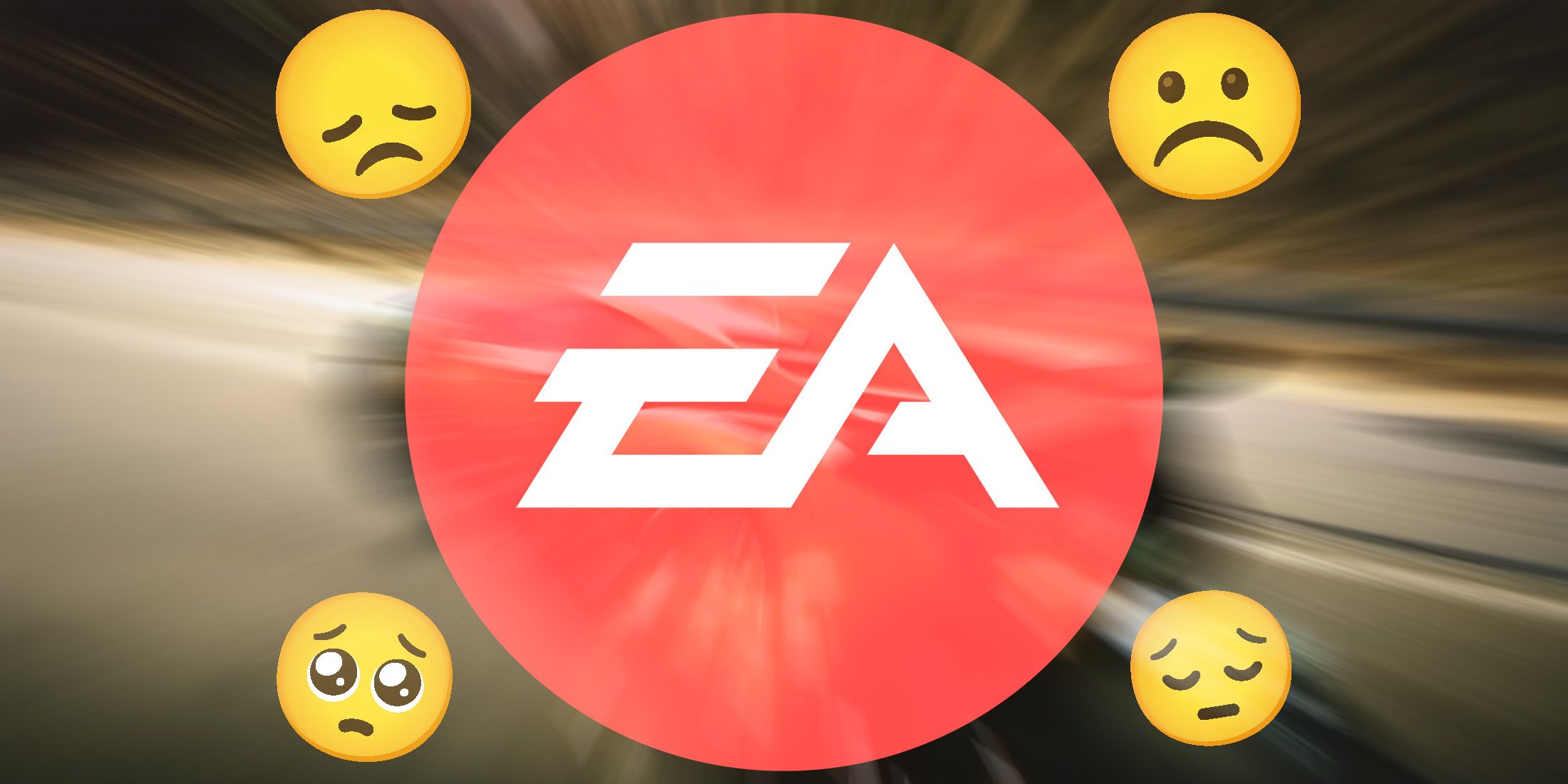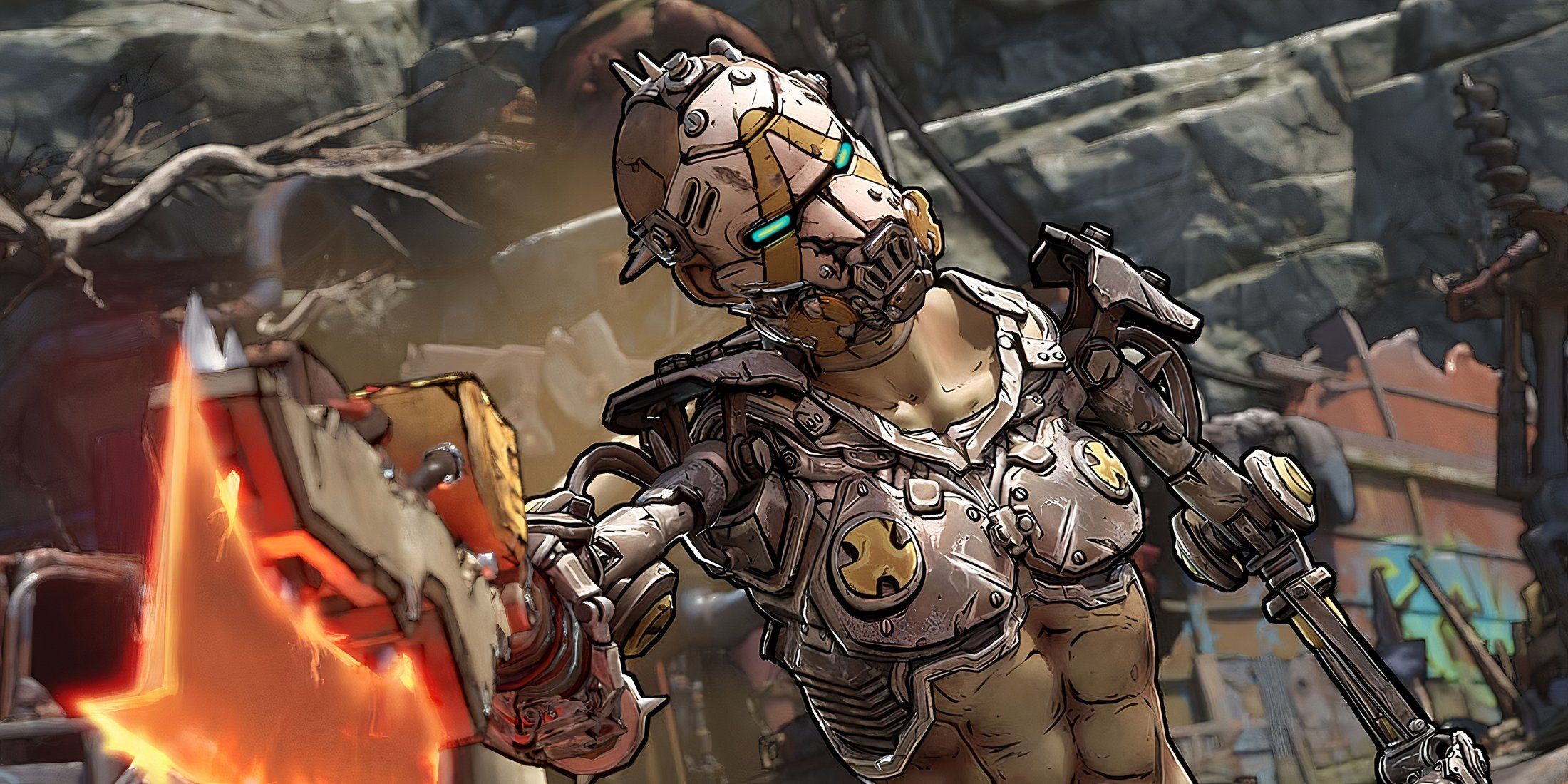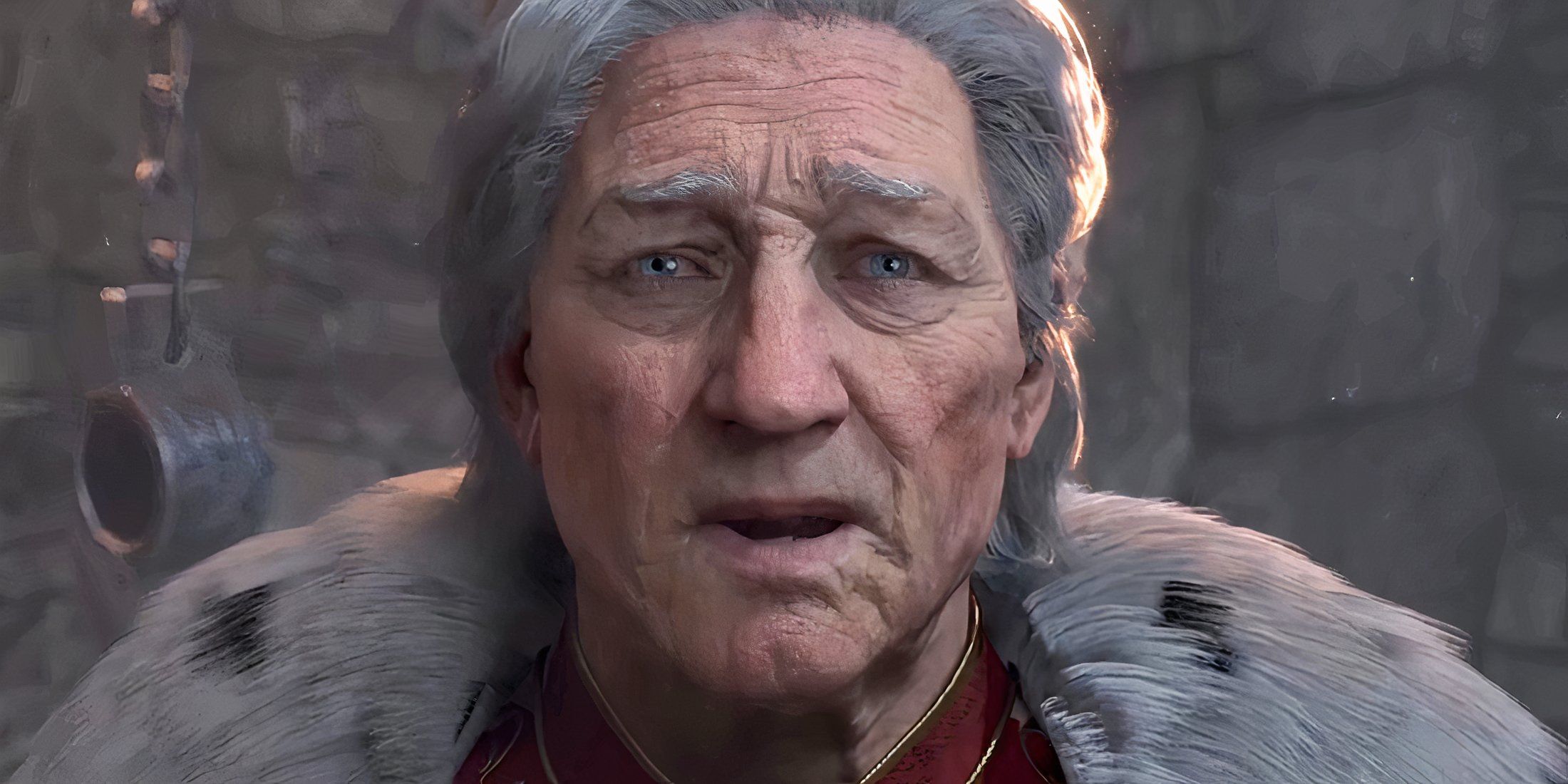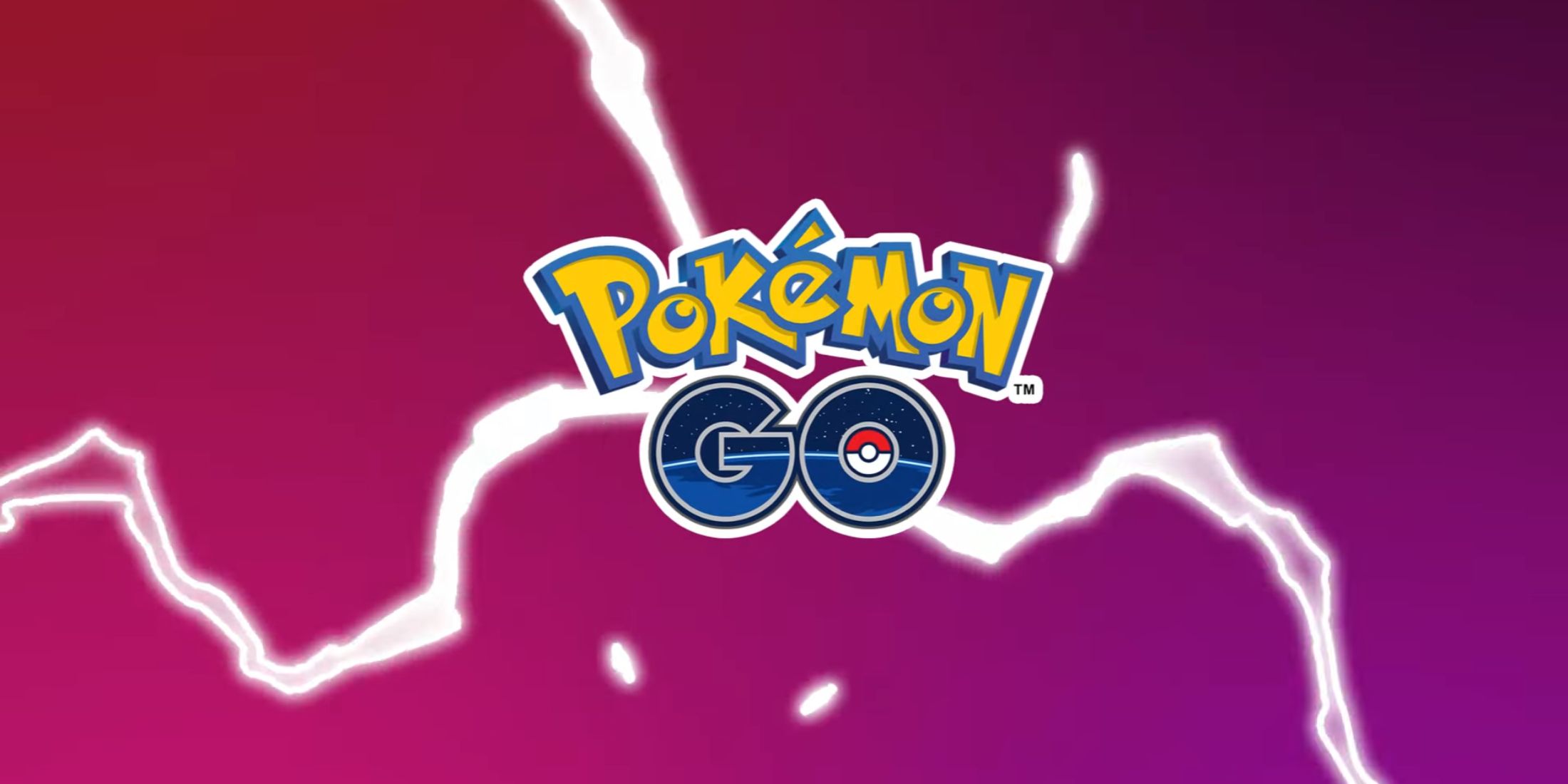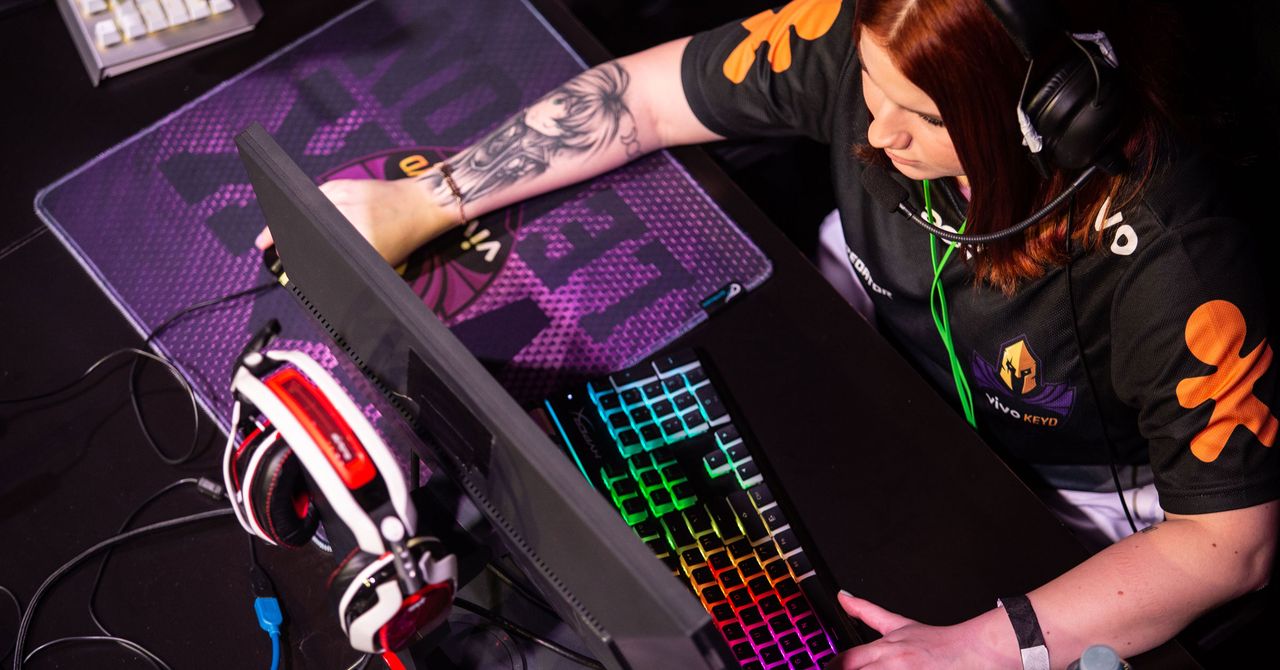
People who say they stand up to bullying and harassment in videogames are also more likely to support the Black Lives Matter movement.
That’s according to a joint survey conducted by WIRED and Michigan State University media and information professor Rabindra Ratan earlier this year. We asked 940 people who play online games about their approaches to toxicity in games, their views on Black Lives Matter, and their views on women in gaming. The survey is part of Ratan’s ongoing research and has not yet been peer-reviewed or published in a journal.
It’s a common assumption that anonymity in online games empowers assholery; that if you’re a jerk IRL, online you might be a lot worse. But the survey suggests that people will try to mirror their progressive values in online gaming, too. The study indicated a substantial correlation between people who resist antisocial behaviors online—including harassment, hate speech, and griefing—and people who advocate against racial injustice IRL.
“At first it seems like a no-brainer—that people who are progressive or liberal would be the ones standing up against hate speech or antisocial behavior in general. That’s not surprising,” says Ratan, whose work focuses include gender stereotypes in gaming and the impact of in-game behavior on out-of-game behavior. “What it illustrates is that the way we behave online, the way we interact with each other and help each other in addition to harm each other online, is reflected in our offline behavior.”
Even though the study finds correlations with progressive views and standing up to jerks in games, the percentage who say they might call out a toxic teammate is surprisingly small. Only about 20 percent of the survey respondents said they strongly resist antisocial behavior in online games, which could mean calling out inappropriate language or telling a bully to shut up. Often in games, these antisocial behaviors will have a gendered or racial component, whether that means harshly criticizing gameplay or hate speech.
“It’s very easy to be a bystander,” says Ratan. “There’s a lot of social pressure not to speak up.” Referencing what communications theorists call the “spiral of silence,” Ratan says that, in general, people’s willingness to express their views on political topics often depends on how socially accepted those opinions might be. If only a small percentage of people fiercely believe in standing up against harassment in games, that means a majority are therefore likely to be quiet about it when it happens, and the cycle of toxicity and hurt and stereotyping often goes unbroken.

